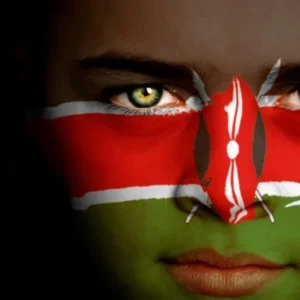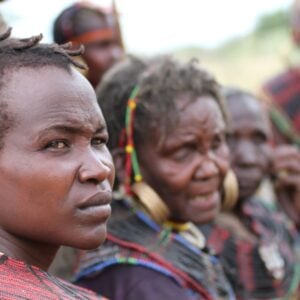In June 2025, representatives from nine Pacific Small Island Developing States (SIDS) — including Fiji, Kiribati, Nauru, Papua New Guinea, Samoa, Tonga, Tuvalu, Vanuatu, and Palau — gathered in Koror, Palau, for a regional workshop focused on Promoting and Measuring Universal and Meaningful Connectivity (UMC). The three-day event brought together policymakers, statisticians, regulators, and telecom operators to discuss how data and digital inclusion can foster more resilient and equitable societies. Participants shared national experiences, explored indicators for measuring connectivity, and envisioned a digitally inclusive Pacific where no one is left offline.
The workshop was organized by the International Telecommunication Union (ITU) and the Bureau of Communications of Palau, with financial support from the European Union and the UN Joint SDG Fund. These partnerships aim to ensure that digital transformation becomes an enabler of sustainable development for all. Dr. Cosmas Luckyson Zavazava, Director of the ITU Telecommunication Development Bureau, highlighted the unique challenges Pacific SIDS face due to geographic isolation, small populations, and climate vulnerabilities, emphasizing that reliable connectivity is vital for economic growth, disaster resilience, and access to essential services.
Throughout the workshop, participants engaged in interactive discussions and exercises to integrate UMC principles into national digital strategies. Topics included improving data systems, addressing gaps in access and affordability, and promoting digital inclusion. Mr. Warren Suti, Principal Project Engineer at Papua New Guinea’s National ICT Authority, noted the importance of combining data with narratives to effectively engage stakeholders and drive meaningful collaboration.
These capacity-building initiatives form part of a wider effort to make connectivity impactful and inclusive. By strengthening government capabilities to design evidence-based digital policies, the program seeks to ensure that every island, village, and individual benefits from digital opportunities. The initiative will expand through upcoming regional workshops in Africa, starting with Portuguese-speaking countries in November 2025, followed by sessions for French- and English-speaking countries in 2026, advancing global efforts toward universal digital inclusion.







